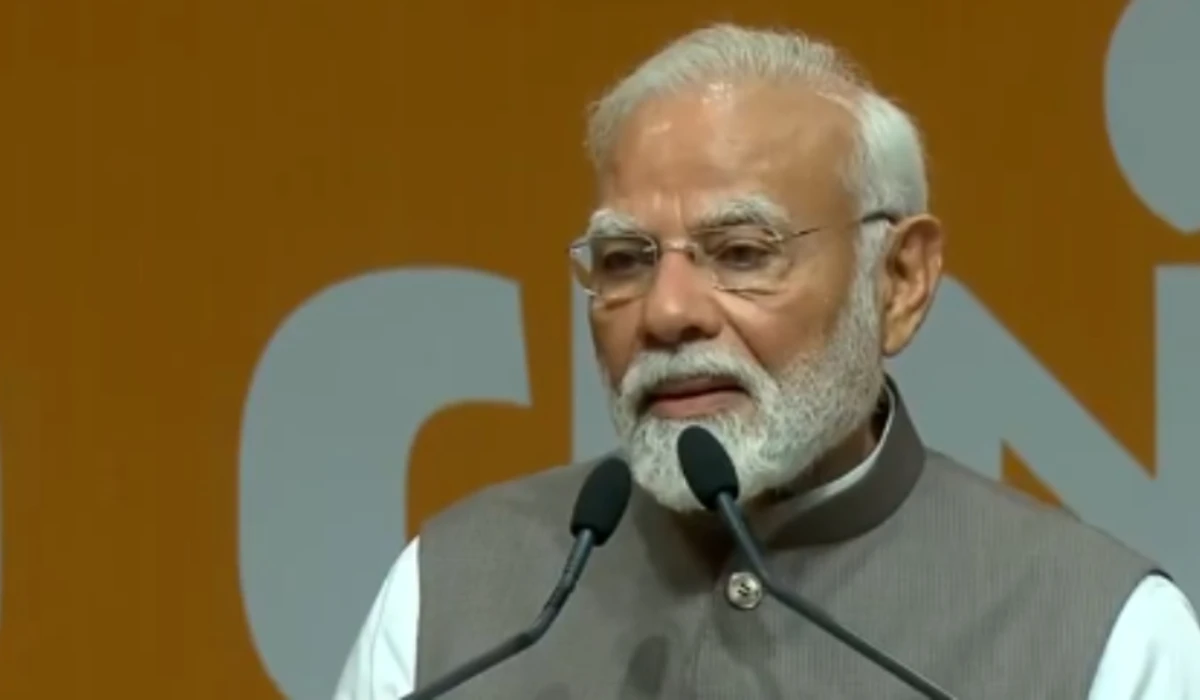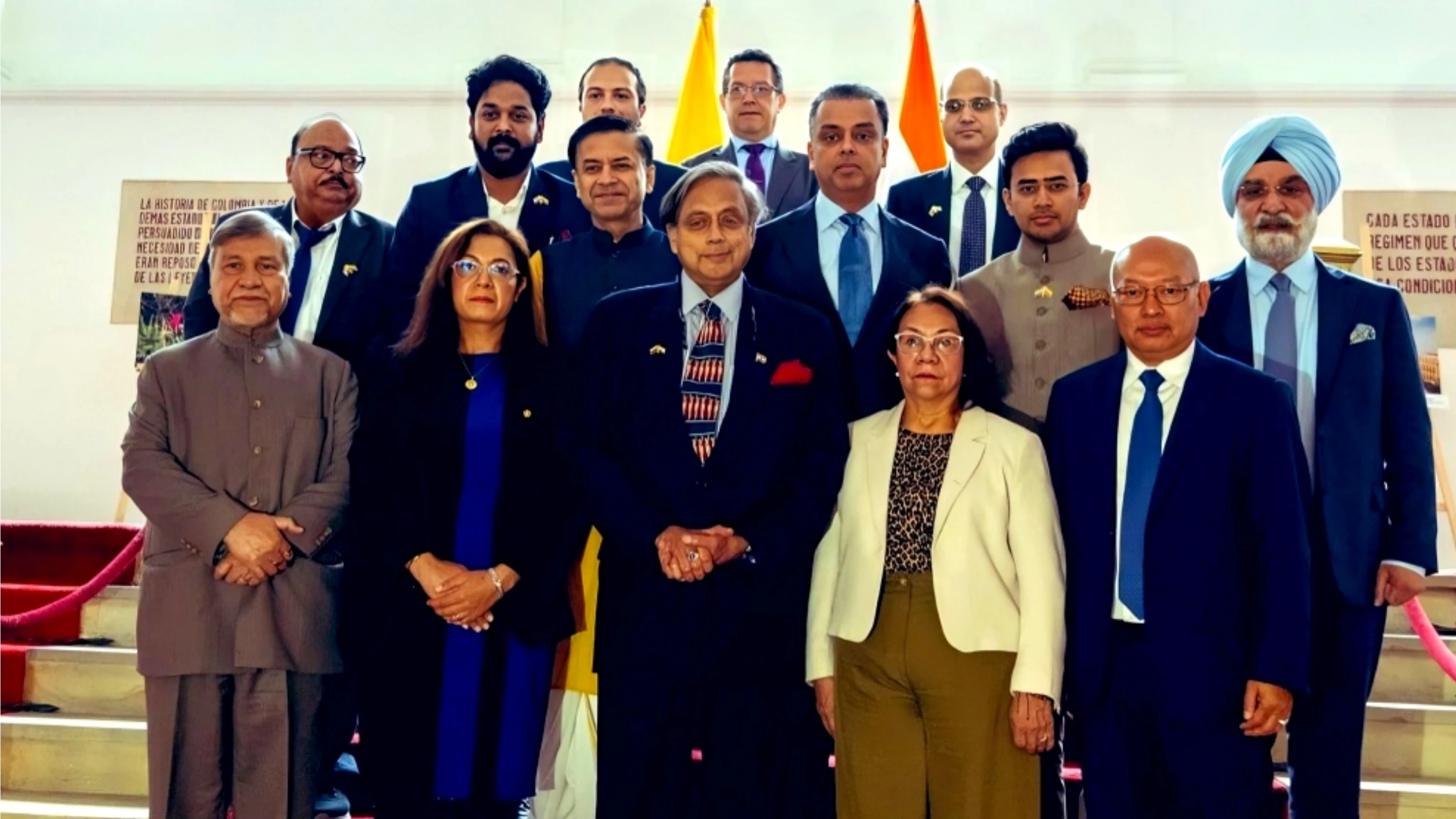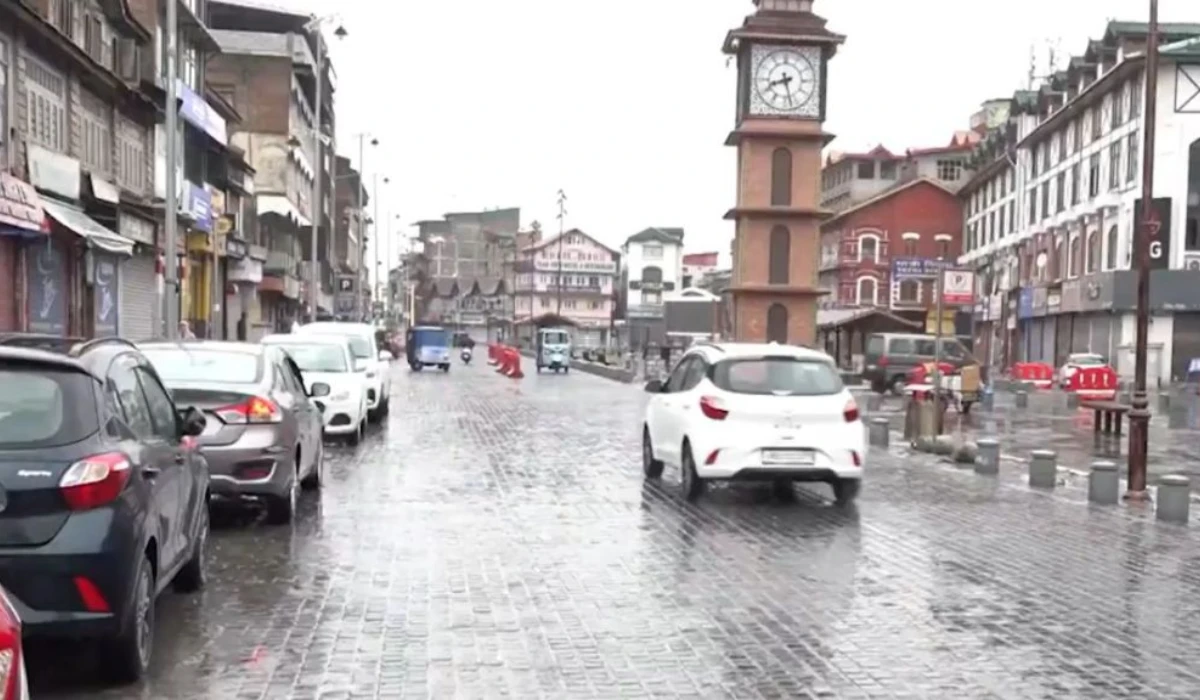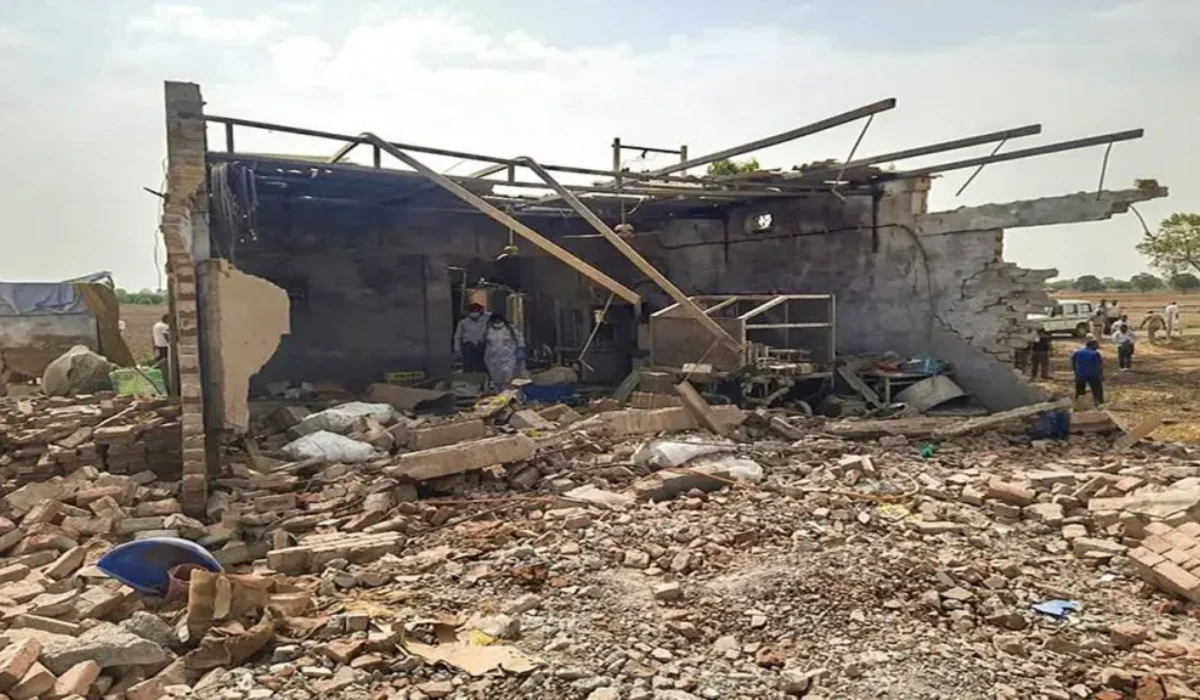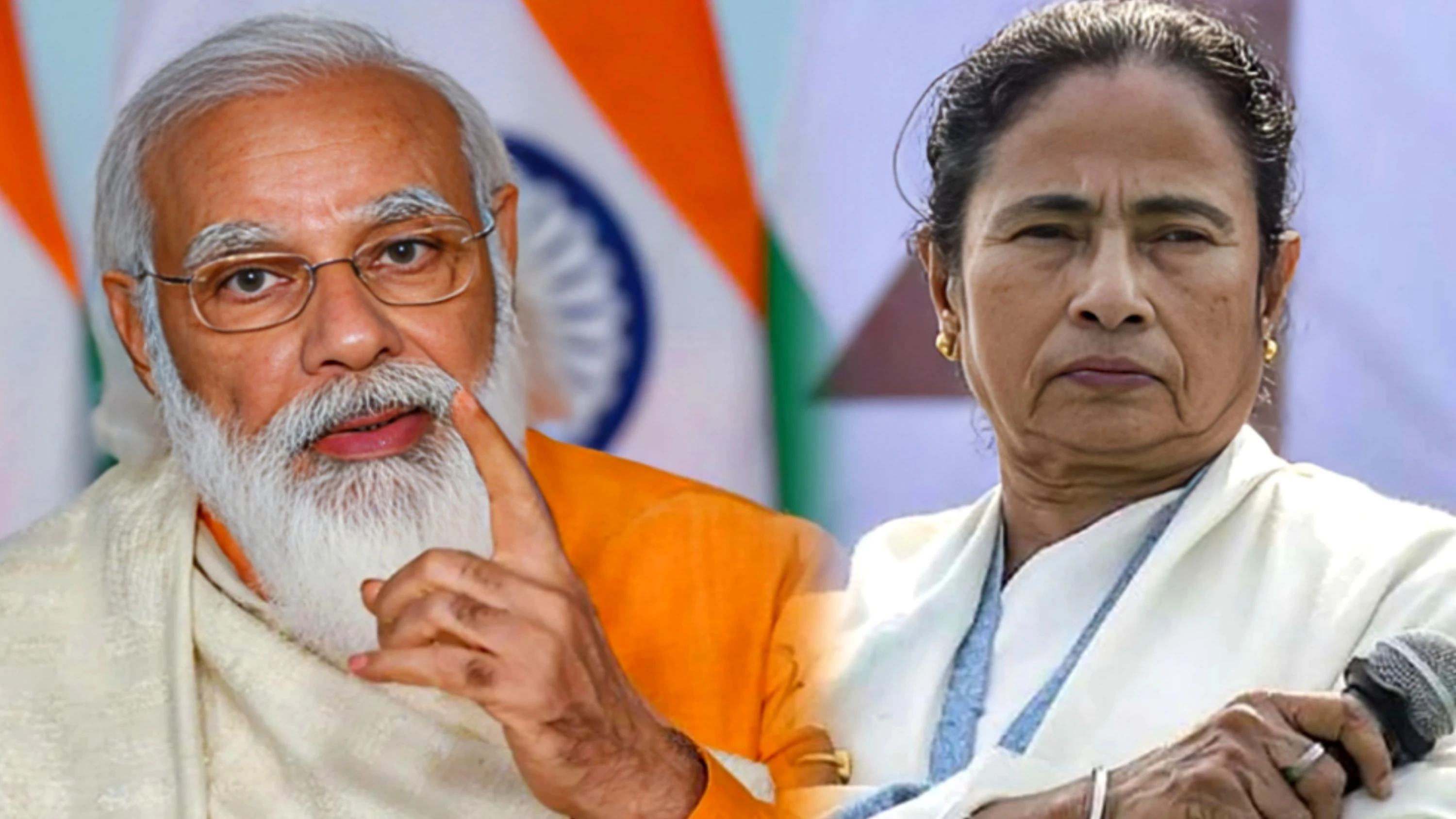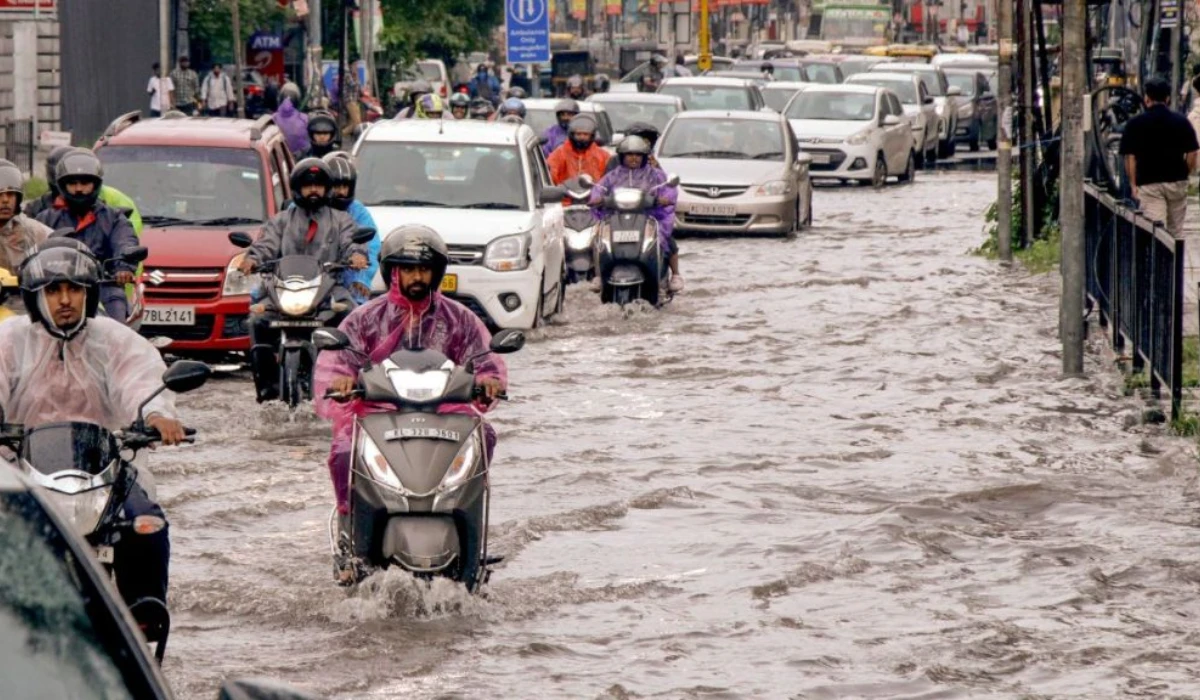Gandhinagar: Speaking to a large gathering, Modi revisited the events of 1947, the year of India’s independence and partition, when armed incursions took place in Jammu and Kashmir. He asserted that had India responded more decisively at the time by eliminating the infiltrating Mujahideens and pursued Sardar Vallabhbhai Patel’s vision of reclaiming all of Kashmir, the country might have avoided the prolonged terrorism that followed. “If in 1947 we had killed the Mujahideens who entered Kashmir, we would not have faced such a situation now,” he stated.
Modi accused Pakistan of deliberately using terrorism as an official war tactic. He warned, “Live peacefully and earn your bread, or remember, my bullets are always ready.” This strong message underscores India’s zero-tolerance approach to terrorism and reflects a broader geopolitical stance aimed at isolating Pakistan diplomatically over its alleged support for terror activities. It is worth noting that similar criticism has repeatedly been voiced by Pakistan as well.
A few days ago, Pakistan's Foreign Secretary and the Director General of ISPR held a joint press conference in which they accused India of carrying out an attack on a school bus in Balochistan. They claimed that India targeted innocent children as revenge for the defeat it suffered on May 10.
Earlier, following a drone strike on a house in North Waziristan, similar accusations had also emerged. Accusing India of being directly involved in acts of terrorism inside Pakistan, the Pakistani authorities have launched an operation named "Fitna-e-Hindustan" in Balochistan and the tribal districts of Khyber Pakhtunkhwa.
These strong bilateral statements from both Pakistan and India on the issue of terrorism are coming at a time when both countries are going through sensitive political and military phases, and international pressure is mounting for diplomacy and dialogue on these matters.


